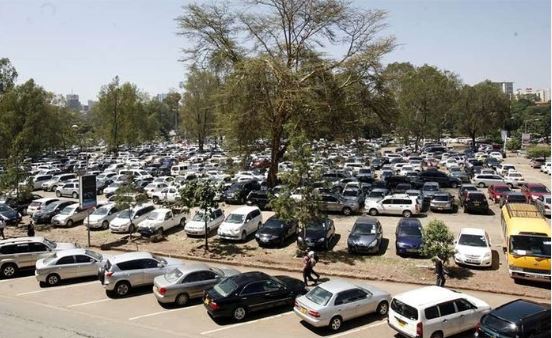Nairobi Water digitises services to curb losses, speed up billing

The move comes in response to the city’s persistent non-revenue water (NRW) challenge, which includes losses from leaks, theft, and unbilled consumption.
Nairobi’s water sector has taken a major step into the digital age as the Nairobi City Water and Sewerage Company (NCWSC) rolls out full digitisation of its customer registration and billing processes.
From now on, new water connection applications and payments are handled entirely online, aiming to reduce losses, speed up approvals, and provide a more transparent service.
More To Read
- Retirees demand action over Sh4 billion Nairobi Water pension arrears
- Eastleigh residents decry ongoing water shortages, demand immediate action from Nairobi Water Company
- Nairobi Water employee fined Sh8.5 million for using forged KCSE certificate to secure job
- Kenya, France partner to upgrade Nairobi’s ageing water pipelines
- Nairobi informal areas get sanitation boost through new simplified sewer system
- Nairobi Water to cut supply from October 15 over unpaid bills
The move comes in response to the city’s persistent non-revenue water (NRW) challenge, which includes losses from leaks, theft, and unbilled consumption.
According to the Water and Sanitation Providers Association (WASPA), NRW costs the city Sh11.2 billion annually. NRW represents water produced but not billed, often due to physical loss, meter errors, or unauthorised usage.
NCWSC now processes all new applications through its online portal, while bills are delivered digitally via email and SMS.
“Technology is helping us improve efficiency, reduce losses, and enhance convenience for our customers. The transition to digital applications and billing has eliminated paperwork, reduced queues, and ensured faster turnaround times,” said NCWSC acting managing director Martin Nang’ole.
The initiative forms part of NCWSC’s goal to become a “smart utility for a smart city,” supporting the Nairobi City County Government’s vision for a modern, technology-driven capital.
The digital rollout comes alongside a Sh1.6 billion government plan to upgrade water infrastructure, benefiting over 200,000 residents and businesses across the Central Business District and surrounding neighbourhoods.
A recent Auditor General report by Nancy Gathungu revealed that of the 440,389,854 cubic metres of water produced by 76 companies that reported data, only 235,984,081 cubic metres were billed, leaving a shortfall of 204,405,773 cubic metres.
NCWSC says digitisation will simplify water connection approvals, particularly for real estate developers, businesses, and new investors, by reducing delays caused by manual processes.
Automated meter reading and billing systems have also been introduced to improve accuracy and minimise human errors, making Nairobi Water’s operations more reliable and business-friendly.
Top Stories Today












































